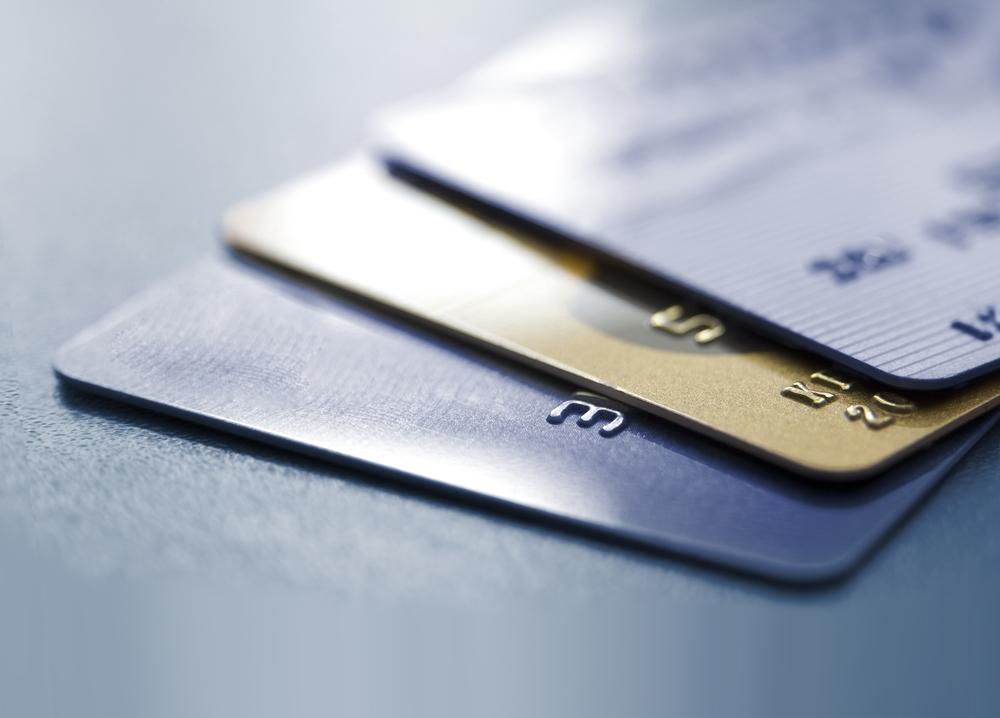Choosing a credit card deal that works for you

How much have you used your credit card this Christmas and holiday season? There's a lot of buying to be done, from food and drinks to presents and even flights in some cases. Some people may not have had to use credit cards at all - they may have budgeted sufficiently through the year and saved enough money. Some people might not even have credit cards, because they're worried that it could negatively affect their credit report, or because they don't think their current credit score will be sufficient to open a new card account.
What you don't want to do is choose the first credit card plan that you come across, only to be stuck with unsuitable terms for what you intend to use the account for.

Choosing the right credit card is important for your financial health, as well as your financial future. If you select a plan that has a high interest rate and then you can't afford to pay it off regularly, your credit score may be affected. It pays to take some time and consider all of your options.
What types of credit card can you choose between?
A credit card comes with a few hidden costs that you need to be aware of. There are annual fees and charges for going over your limit and, of course, interest payments. You can choose cards with interest-free periods, or cards that have no interest-free periods over the course of a year1. If you're planning on buying only small items, 'no interest-free period' cards are potentially going to be the best options.
These tend to have lower interest rates and annual fees1, so if you keep on top of your bills, you won't have to pay too much more than the cost of the goods or services you're buying. On the other hand, if you're going to use your credit card for major purchases, you might benefit from having interest-free periods each year where you can really focus on paying off large chunks of your debt without accruing more interest1.
Before accepting one of these deals, make sure you know exactly how much the rate rise at the end of the introductory period is.
There are plenty of offers on the market for introductory periods where your interest rate will be minimal for a few months or a year, and then will increase to the standard amount1. Before accepting one of these deals, make sure you know exactly how much the rate rise at the end of the introductory period is.
Are there any extras to be aware of?
Around the world, there are credit cards that earn you travel miles or bonus points at certain retailers. There are also some banks that offer up to 2 per cent cash back on all purchases in a month if you make a certain monthly repayment2. These are great deals, and can be lucrative if you're on top of paying off your debts. However, if you're struggling to repair an existing mark on your Equifax credit report, you don't want to create another one by opening the wrong sort of account.

Find a standard credit card with a decent interest rate and low annual fees, and then limit how much you use it. Keep track of what you owe every week or fortnight, and have a solid plan in place to pay off the statements quickly. This way, you'll minimise the amount of interest you can accrue, meaning you'll pay less over time.
You just need to choose the right deal for your needs, and your financial situation. Make sure you get a copy of your Equifax credit report to learn about your financial record.
Disclaimer: The information contained in this article is general in nature and does not take into account your personal objectives, financial situation or needs. Therefore, you should consider whether the information is appropriate to your circumstance before acting on it, and where appropriate, seek professional advice from a finance professional such as an adviser.
1Money Smart, How to choose a credit card. Accessed December 2016.
2Forbes, Cash Or Miles: How To Choose The Best Credit Card. Accessed December 2016.
